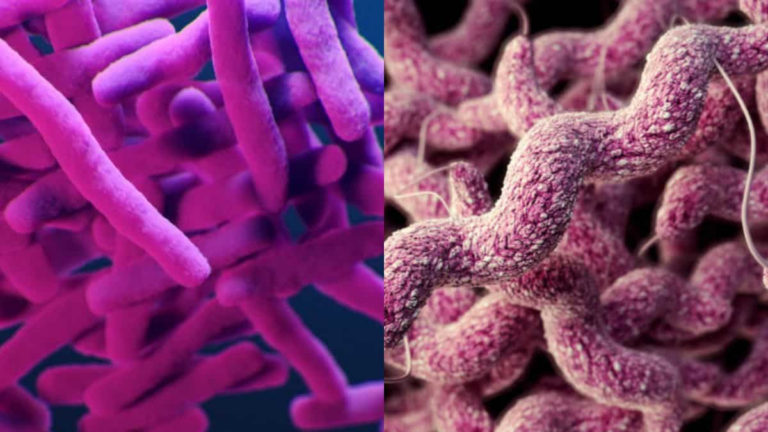
[ad_1]
An alarming presence of superbugs has been observed in 21 of the country’s leading hospitals, according to a recent report by the Indian Council of Medical Research (ICMR). The presence of superbugs poses a threat to the lives of the patients being operated in these facilities.
Superbugs classified by the World Health Organization (WHO) viz., Klebsiella pneumoniae and Escherichia coli were mainly found in hospitals such as AIIMS Delhi, PGI Chandigarh, Apollo Hospital Chennai, and Gangaram Hospital among several others.
The report added that these superbugs were found in patient samples, including blood, urine, and other fluids, collected from Outpatient Departments (OPD), wards, and Intensive Care Units (ICU).
The revelation has sent the alarm bells ringing with hospitals being advised to practice better management of medications and stricter protocols for the disposal of bacterial waste to prevent the further spread of superbugs.
Killer as big as cancer
A report by the UN Environment Programme (UNEP) published earlier this year stated that superbugs could be as big a killer as cancer is today by 2050.
The report added that the direct economic consequence of such superbugs would be approximately $3.4 trillion a year by the end of 2030. Additionally, 24 million people could be pushed into extreme poverty.
Pollution caused by animal farming and pharmaceutical companies has exacerbated the rise of superbugs, the report highlighted.
What are superbugs?
Superbugs are strains of bacteria, viruses, fungi or parasites that are resistant to most antibiotic medicines, including the modern ones. They are often caused by the misuse of antibiotics.
The disinfectants, antiseptics and antibiotics that can help microbes become stronger are everywhere, from toothpaste and shampoo to cow’s milk and wastewater.
They become Antimicrobial Resistant (AMR), primarily through two means. One is the excessive use of medicines in animal farming which provides the bacterial strains with the opportunity to mutate and avoid the effects of any antibiotic.
Secondly, pharma companies polluting the waterways. The drug companies do not treat the medical sewage adequately which creates resistant superbugs.
AMR is a natural phenomenon as experts call it ‘genetic capitalism’. However, the overuse of medicines, especially antibiotics has exacerbated the process.
(With inputs from agencies)
[ad_2]
)